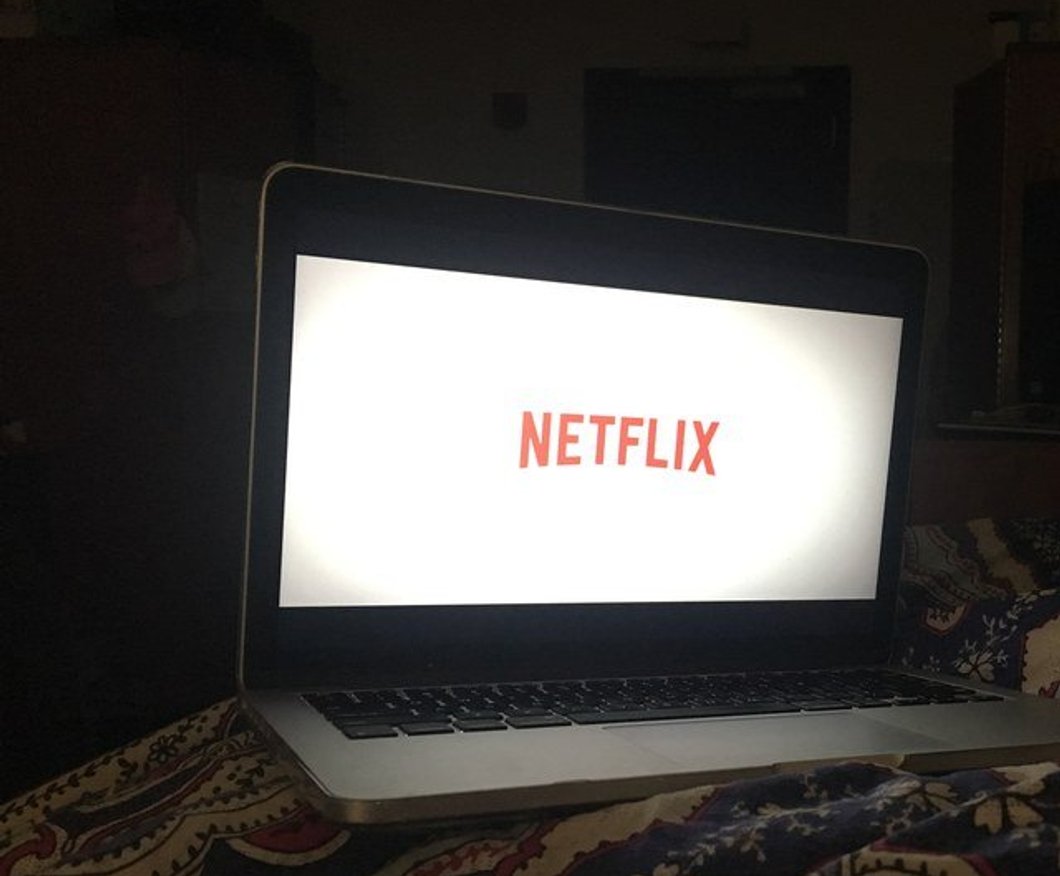Being a friend isn't always an easy role. True friends are there no matter the circumstances, and the reward is you have someone who will do the same for you. However, being a friend to someone who struggles with depression can be more challenging than either of you would want. People with depression aren't always able to be there for you when you need them, and need you to be very receptive, observant, and empathetic toward them. The upside is that when they're not feeling as bad anymore, they will be forever grateful to you and will be the best friend you've ever had.
Recognizing when someone you love has depression isn't the easiest thing. That's how so many people who loved someone who has committed suicide are blindsided. That's why so many people who commit suicide feel like no one noticed their pain. Depressed people are not always suicidal, but that doesn't make their depression any less difficult to deal with.
There are a few tell-tale signs that your friend is slipping into depression. They will stop taking interest in things they loved, like hobbies or going out with you. Their appetite changes, and they have a significant weight change. They talk about how they hate themselves. They're irritable or angry. They start to engage in escapist behavior, meaning they resort to drugs and alcohol, probably more so than they did before, and to excess.
These are just a few of the noticeable signs that someone you love is depressed. While it may be hard for you to see your friend become someone you don't know, it is extremely difficult for them to feel apathetic and unmotivated to stop. No one enjoys being sad.
One of the most important things you can do for your friend is be there. You don't always have to talk, and you don't have to try to get them to do things they used to love. Being depressed involves a lot of feeling lonely, combined with a lack of desire to be with people. Your friend isn't avoiding you because they dislike you or are too busy, they're alone because they feel too sad to be with you. The only excuse that you should really pay attention to is "I'm tired," because, most likely, your friend is exhausted mentally and physically. Even then, go to them, be slugs, watch TV or read. Silence with friends is a comforting time for those with depression. It lets them know that you understand they need you there, without them feeling pressured to talk, act happy, or be entertaining.
Let them know that you think they're great. One of the worst parts about feeling depressed is that you start to hate everything about yourself. You think you're ugly, unintelligent, apathetic, and incapable. Most of all, you think you bring everyone else down, and you don't want to be a burden. Let your friend know that those things aren't true. If your friend is ever self-deprecating, correct them gently. Tell them that they're beautiful, or smart, or that you really enjoy spending time with them and you're really glad they're your friend. It doesn't hurt to tell them that when they don't talk badly about themselves. Just a small compliment every now and then will implant the idea that not everyone thinks they're awful, and maybe they'll start to believe they're great again too.
Don't ask them what's wrong or tell them to be happy. They don't know what's wrong, and they're trying desperately to be happy. I know that these questions come with the very best intentions, but they're misguided and make your friend feel worse. Don't tell them to smile, and don't expect them to act like they're enjoying themselves.
Don't let other people comment on their behavior. Depressed people don't want other people to know that they're sad. When they find out that they're not doing a good job hiding their feelings, they feel exposed. If someone comments on your friend's behavior in front of you, jump in and stick up for your friend. Don't make it extremely obvious that you are trying to cover something up, but don't leave your friend to fend for themselves. If someone comments on their behavior when your friend isn't around, set them straight and don't make light of the situation; you could prevent your friend pain by doing this.
Listen to them. If your friend ever talks to you about their feelings, or tells you about what they're going through, be attentive and caring. Don't apologize over and over, but ask what you can do to help. If and when they say you can't do anything, give them examples of things you want to do for them. Let them know that you're there for them any time. If you think your friend may be a danger to themselves, the national suicide prevention lifeline is 1-800-273-TALK.
Don't think that one good day means they're no longer struggling with depression. Miley Cyrus said it best.
Just because someone with depression has a better day, doesn't mean that person got better. The day is still grey, but without any rain.
When your friend is better, pay attention to them, and make sure they don't slip back.
Know that no matter what, you are important. You are helping someone you love feel like themselves again, and nothing you can do will mean more to them than just being there. You are appreciated.







 Photo by
Photo by  Photo by
Photo by  Photo by
Photo by  Photo by
Photo by  Photo by
Photo by 










